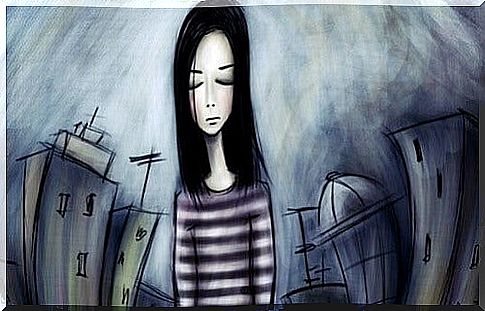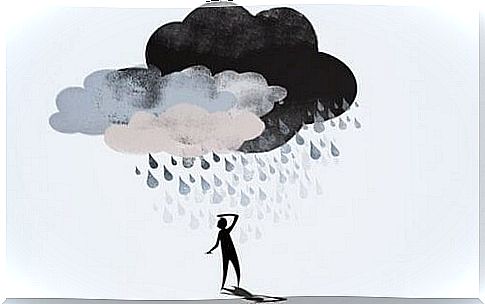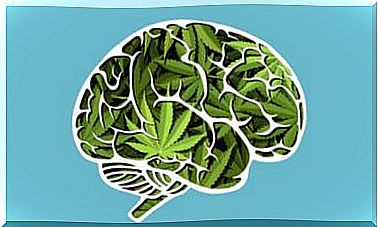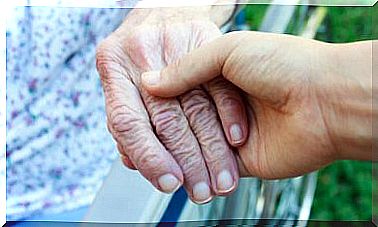What Is The Connection Between Self-esteem And Depression?

Self-esteem and depression are closely linked. Depression can have more than one cause. Still, clinical studies reveal that low self-esteem makes people more vulnerable to this condition. When we don’t accept ourselves, it can drain us emotionally.
Self-esteem is the feelings that come from the idea we have of ourselves. This concept contains all the ideas and beliefs that determine the mental image of what we are. However, self-esteem is a fundamental emotional element of a person’s well-being.
Psychologists and psychiatrists therefore take this psychological dimension into account in understanding depression.
In the Diagnostic and Statistical Manual of Mental Disorders, Fifth Edition (DSM-5) low self-esteem is not one of the diagnostic criteria for depression. However, there are such similar criteria as “feelings of worthlessness.”
Researchers in personality psychology have always been interested in the relationship between self-esteem and depression. In fact, their research stems from one key question: Is self-esteem a factor that promotes depression? Or does depression affect self-esteem? Now let’s dig deeper into this.

Two models explaining the relationship between self-esteem and depression
Often we wake up, take a shower, have breakfast and leave the house without realizing that we are naked. This is because it doesn’t matter how covered we are or what brand of jeans or shirt we wear as we face the world with low self-esteem every day.
After all, everything can break us through the cracks and the weak armor: abuse, fear, insecurity, negativity… However, it is clear that the origin of a depression is very extensive and has to do with many factors. There are also causes that are inherent to the body and which we cannot control.
No one can deny that low self-esteem leads to the inability to tackle and deal with simple problems. A person with low self-esteem usually sees the world through very dark glasses.
Longitudinal studies are the only way to demonstrate a link between self-esteem and depression. That is why the University of Basel has published a very informative article about this. This article can answer our questions. We’re going to discuss it now.

The vulnerability model
According to the vulnerability model, there are people with a personality profile characterized by persistently low self-esteem. This psychological pattern causes the person to view life events in a negative way. In addition, this person also lacks the basic ability of resilience.
- They often represent a reality against which they must defend themselves. They don’t trust reality. In that reality, they are the victim or a “support player” rather than the protagonist in their own story. They do not realize that they deserve and need opportunities and positive changes to overcome negative situations.
- Researchers have found that in many cases people with low self-esteem did not even try to reject the negative image of themselves. Rather, they tried to check this idea by paying more attention to the negative comments of the people around them.
The scar model
This is the opposite of the vulnerability model. According to the study we mentioned earlier, depression itself is often the cause of low self-esteem. All those desperate, negative and exhausting feelings that circulate in the depressed mind have a direct impact on self-esteem.
Conclusion: The Link Between Self-Esteem and Depression
Which model is right then? The vulnerability model or the scar model? The American Psychological Association (APA) has the answer. Low self-esteem is yet another risk factor in the development of psychological disorders such as depression.
In fact, researchers also stated that self-esteem and depression are so closely linked that developing appropriate prevention strategies in teens is a priority. The reason is that year after year, more and more teens are diagnosed with depression.
Therefore, the vulnerability model is the one we should all be aware of. In a way, this also fits into Beck’s cognitive trinity about the people who are at higher risk for depression. His theory states that these people have a negative view of the world. They don’t trust the future and feel worthless.

Thus, there is a strong link between self-esteem and depression. We must not overlook that. We must keep the garden of our self-esteem strong, brilliant, and beautiful in every possible way.









